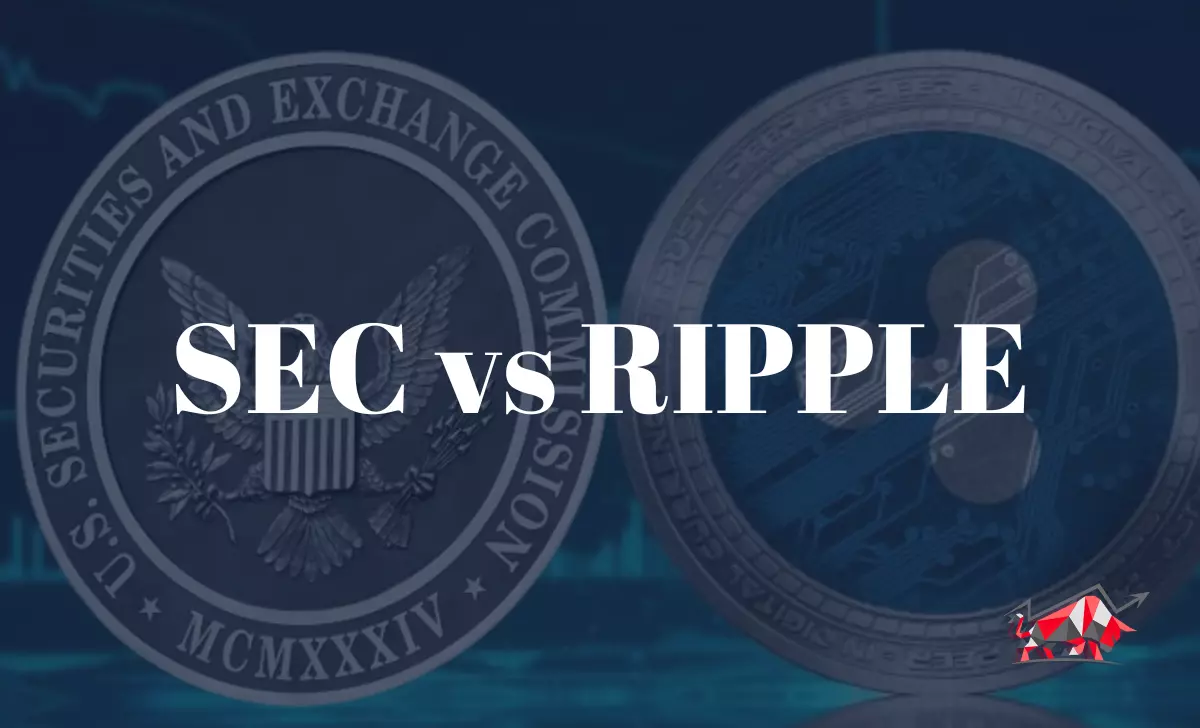The ongoing legal battle between Ripple Labs, the blockchain technology company behind XRP, and the United States Securities and Exchange Commission (SEC) has once again taken center stage as presiding Judge Analisa Torres makes a significant move in the proceedings.
In the latest development, Judge Torres has granted approval for an Investment Banker Declarant to make an appearance in the high-profile case, igniting speculation and intrigue within the crypto community.
The approved declarant, Andrew A. Kunsak, hails from the esteemed law firm Sidley Austin LLP, renowned for its expertise in financial regulatory matters. Located at 787 Seventh Avenue, New York, New York, 10019, Kunsak is a respected member of the court in good standing, well-versed in the intricacies of financial instruments and transactions.
The purpose behind Kunsak’s appearance as an investment banker declarant in the Ripple Labs vs. SEC case is to address a crucial aspect of the proceedings. A primary concern revolves around the disclosure of potentially confidential information, specifically in relation to the infamous “Hinman Speech Documents.” These documents, subject to a sealed court order, have become a focal point in the lawsuit, raising questions about the regulatory classification of cryptocurrencies, particularly XRP.
Investment Banker Declarant Seeks Stakeholder Protection Amidst Ripple Labs Case
The focal point of this legal battle revolves around a summary judgment ruling by Judge Torres, in which it was concluded that secondary sales of XRP tokens should not be considered as investment contracts. This significant judgment has implications for the broader classification of digital assets and has led to heightened attention within the financial and regulatory spheres.
The investment banker declarant, whose identity remains undisclosed at this time, is pushing for increased clarity and regulatory certainty within the realm of digital asset transactions. By lending their voice to the ongoing proceedings, the declarant is aiming to offer valuable insights into the complexities surrounding XRP and similar digital tokens, ultimately seeking to protect the stakeholders who may be affected by the SEC’s pursuit of regulatory enforcement.
Notably, Ripple, the fintech company closely associated with XRP, has previously shown resistance to the involvement of an investment banker declarant in the case. This opposition highlights the divergent perspectives that surround the legal implications of XRP sales and the potential impact on the broader cryptocurrency landscape.


